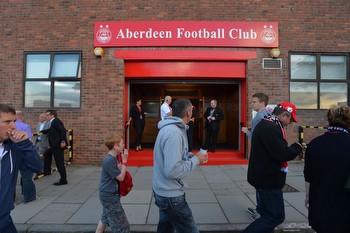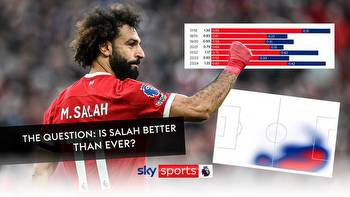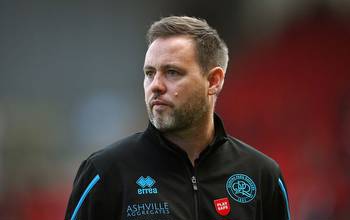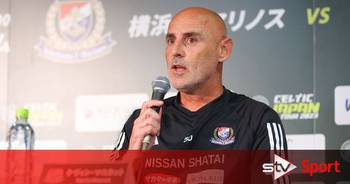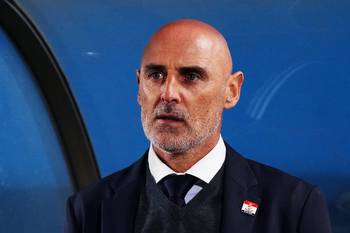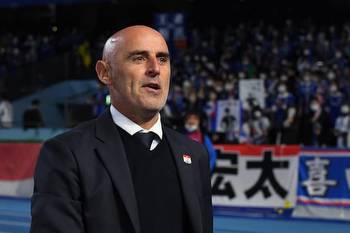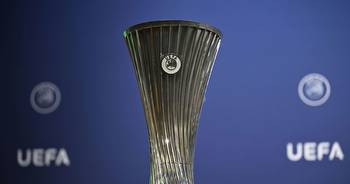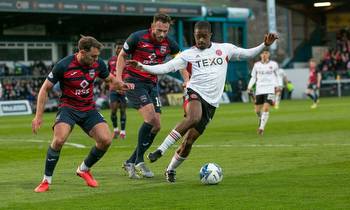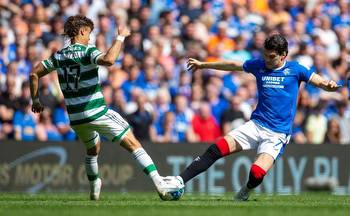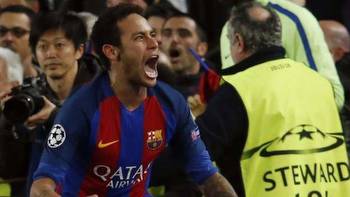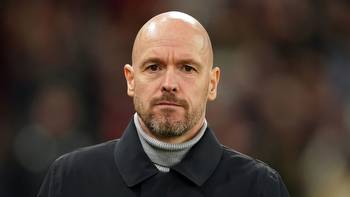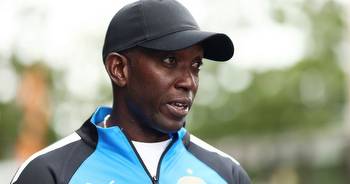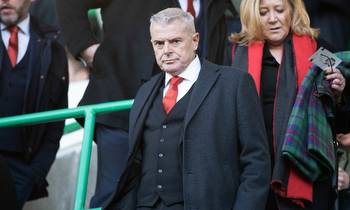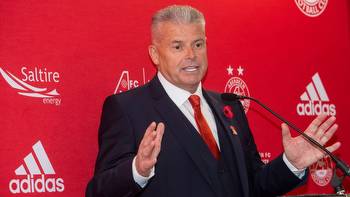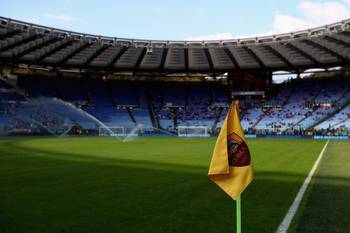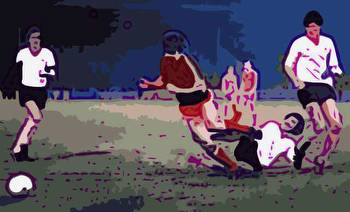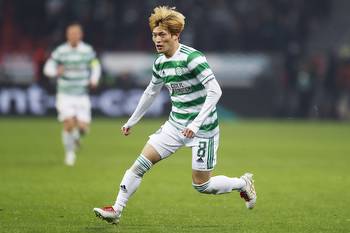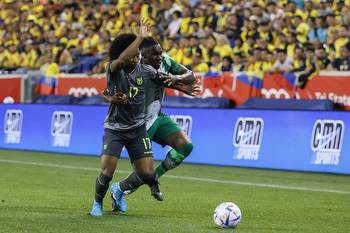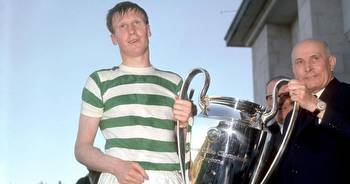how Manchester United legend Sir Alex Ferguson masterminded amazing Real Madrid win
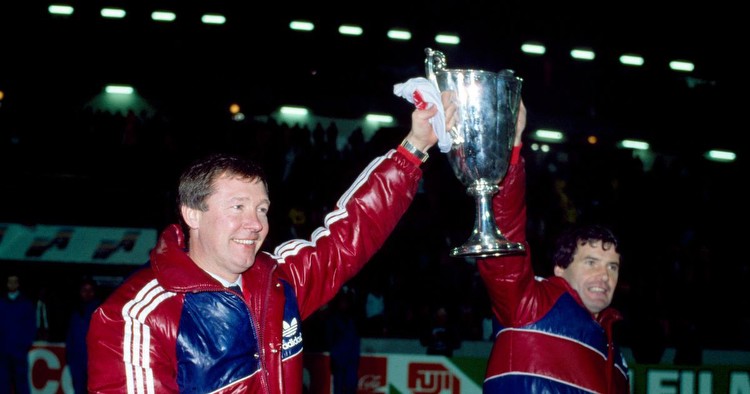
When it comes to medal collections, few people in football can boast one as polished as Sir Alex Ferguson's.
The former Manchester United manager, 81, will go down in history as one of the greatest of all-time. He won 38 major trophies during his 27-year reign at Old Trafford, scooping 13 Premier League titles, five FA Cups, four League Cups, ten Community Shields, two Champions League crowns, a European Cup Winners' Cup, a European Super Cup, an Intercontinental Cup and one FIFA Club World Cup.
If you asked 100 people to select the most iconic of those 38 successes, however, the victory over Bayern Munich in the 1999 Champions League final would almost certainly be a common pick. That marked the third European trophy that the Reds had won under Ferguson, following on from their successes in the European Cup Winners' Cup and European Super Cup, both in 1991.
Trailing 1-0 heading into second half injury-time, United's hopes of clinching their second European Cup were seemingly dead and buried. Teddy Sheringham and Ole Gunnar Solskjaer had different ideas, of course.
Although that May evening in 1999 is widely considered as Ferguson's finest moment on the continent, try telling that to the people of Aberdeen. After all, it was at Aberdeen where the legendary Scotsman first made a name for himself on the European stage.
After being appointed Aberdeen manager in June 1978, Ferguson set about trying to put the Dons back on the map and end Celtic's and Rangers' dominance north of the border. Aberdeen, despite being one of Scotland's biggest clubs, had not won the Scottish title since 1955.
After finding his feet in his first season in charge, leading the club to the semi-finals of the Scottish Cup and the final of the Scottish League Cup, losing 2-1 to Rangers, it was at the turn of the decade when the Pittodrie outfit started to thrive under the former United boss. They won the Scottish title in the 1979/80 campaign, becoming the first club outside of Celtic and Rangers to win the league in 15 years.
That was just the beginning for Ferguson and Aberdeen. They won the Scottish Cup in the 1981/82 season, resulting in them qualifying for Europe in 1982/83. They were entered into the European Cup Winners' Cup and were tasked with coming through a preliminary round to reach the first round proper. They dispatched Swiss side Sion with ease, winning the two-legged tie 11-1 on aggregate.
After overcoming Albanian side FK Dinamo Tirana in the first round and then Polish outfit Lech Poznan in the second, the Scottish side, all of a sudden, were into the last-eight and preparing to go toe-to-toe with Bayern Munich. That was where their European adventure was meant to end. Try telling Ferguson, who was already earning recognition in England for his work in the Scottish Highlands, that.
His side, after drawing 0-0 in Germany, won the return-leg 3-2. They were into the semi-finals. Belgian club K. Waterschei S.V. Thor Genk, who ceased to exist just five years later, were next on their hit list. Aberdeen won the first-leg 5-1, reaching the final 5-2 on aggregate.
Suddenly, Ferguson and Aberdeen were preparing to face Real Madrid in the final. Against all odds, Aberdeen enjoyed one last hurrah, beating the Spanish giants 2-1 after extra-time in Gothenburg, Sweden. They won the European Cup Winners' Cup. Ferguson had conquered Europe for the first time, beating European football's greatest powerhouse in the process.
Reflecting on that iconic victory, former Aberdeen star John McMaster, who donned the No.3 shirt on that infamous night in Gothenburg, speaking in his new autobiography, McMaster & Commander, said: "I'll never forget that night. When the referee blew the final whistle, we went wild on the pitch.
"We jumped for joy. We hugged and kissed each other. We ran to the fans to celebrate with them. We'd just beaten the greatest club in the history of European football. The boss soon joined us on the pitch to congratulate every single one of us."
Ferguson, who was only granted a medal for the 1983 success earlier this month, had transformed Aberdeen's fortunes. He had shifted the club's mentality, turning them into winners, whereas they were previously content with just getting to a final and being part of the occasion.
McMaster continued: "When Sir Alex took over, we were a club who were content to finish runners-up. During his first season we reached the Scottish Cup final where we were beaten by Rangers.
"After the game, the club had laid on a banquet to celebrate the achievement of reaching a final. The lads were smoking cigars and knocking back champagne like we'd won. The boss didn't like that."
Ferguson was a born winner. He never settled for second-best, a bit like current United manager Erik ten Hag. He wanted to win at all costs.
To ensure he got what he wanted, he demanded impeccable standards, even if it did mean giving his players a tongue-lashing every now and then. But despite being capable of forcing an entire dressing room to sit down, shut up and lock eyes on him, he did have a more gentle side to his managerial style.
"He changed the entire culture within the club," added McMaster. "He instilled a winning mentality and made it clear that there was no place for second best.
"Sir Alex was in charge, make no mistake about that. Everyone has heard of his infamous hairdryer treatment, but the lads at Manchester United got off light. We used to joke that we'd had the blast furnace!
"But there was more to Ferguson than that. He had a caring side that a lot of people didn't know about. I suffered a nasty injury that required surgery during a European Cup match against Liverpool.
"The first face I saw when I came around was the boss. He told me not to worry about anything and even told me he'd keep me on the full win bonus. 'That will help you, and by that time you'll be back in the first team, so you just concentrate on recovering,' he said. What an incredible gesture."
The win over Madrid was not the last of Ferguson's European triumphs as Aberdeen manager. Their reward for winning the European Cup Winners' Cup was a place in the 1983 European Super Cup final, facing Hamburg, who had won the previous season's European Cup.
Again, Ferguson and Aberdeen defied the odds, winning 2-0 on aggregate over a two-legged affair. His achievements with Aberdeen were some of football's greatest fairytale stories in the 1980s. They put both the club and him on the map.
Therefore, it was hardly surprising that United came calling in 1986, was it?

